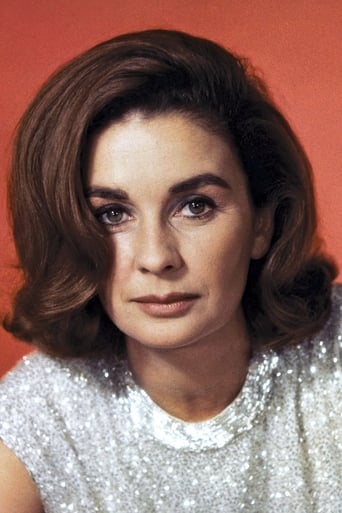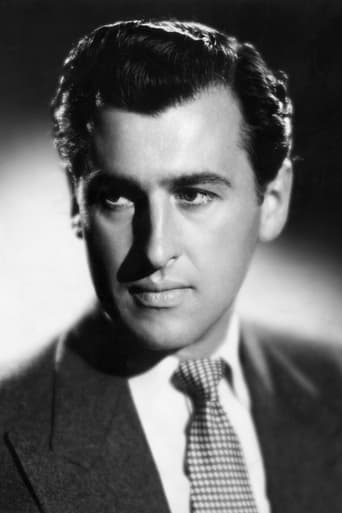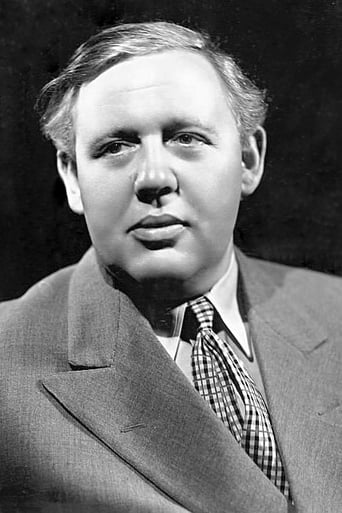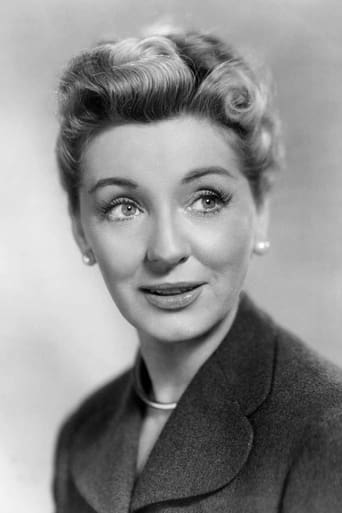NipPierce
Wow, this is a REALLY bad movie!
VividSimon
Simply Perfect
Odelecol
Pretty good movie overall. First half was nothing special but it got better as it went along.
Matylda Swan
It is a whirlwind of delight --- attractive actors, stunning couture, spectacular sets and outrageous parties.
whpratt1
When I get the chance to view some films from the 1950's, I usually enjoy the great veteran actors and the film story. This film is great because of the great actors like Jean Simmons, (Young Bess/Queen Elizabeth l),"Winter Solstice",'03 TV, who plays a very dramatic role and tries to follow in her fathers footsteps, Charles Laughton,(King Henry VIII),"Advise & Consent",'62, who gives a rather brief performance, but outstanding. Stewart Granger,(Thomas Seymour), plays an Admiral of the English Fleet and is simply adored by Young Bess, who really has the red hots for him since she was a child. Deborah Kerr,(Catherine Parr),"The Arrangement",'61, gets her claws into Thomas Seymour and simply will not let go and there is a bad relation between Catherine and Young Bess. While this film was being produced, Jean Simmons was married in real life to Stewart Granger, and I can see why their kisses appeared so very real and warm. Good Classic film, but rather slow and boring in places.
silverscreen888
This is a splendidly-mounted production by anyone's standards; arguably it is the best realization of the pre-Elizabethan, the late Marian period ever realized on film. But despite its modest beginnings as a fictionalized biography of Elizabeth Tudor by popular author Margaret Irwin, the screenplay by Jan Lustig and Arthur Wimperis also adds another dramatic dimension to a well-told story. The subject in this work is the dangerous, difficult and famous youth of the future Elizabeth Ist of England, taking her from childhood to her accession to the throne after the death of her sister Bloody Mary, who reigned following the death both of King Henry VII and his frail son and heir Arthur, who died at 12 years of age. George Sidney directed this dignified and powerful story; and the assembled cast he presented were well-chosen as speakers of the English language: Jean Simmons playing the young Elizabeth with unusual intelligence and verve; Cecil Kellaway as the loyal warder who looks after her modest household as a princess out of favor; Charles Laughton reveling in his bravura role as the irascible and fascinating Henry VIII; Stewart Granger and Guy Rolfe playing the rival brothers who wrestle for control of England's political direction; Deborah Kerr as the King's last wife, gentle an d lovely Catherine Parr; also prominently featured were Kathleen Byron, Kay Walsh, young Rex Thompson as Edward, Elaine Stewart, Dawn Addams, Ivan Triesault, Lumsden Hare, Leo G. Carroll, Doris Lloyd, Norma Varden, Alan Napier, Robert Arthur and Lester Mathews. The plot-line concerns Elizabeth's attempts to survive the shifting fortunes of the English court; powerless, except for the loyalty of a few noblemen, her greatest danger comes from the handsome and ambitious Thomas Seymour (Granger); the script treats his regard for Elizabeth as political, which is not historical; by attaching himself to the queen of the late King Henry, he becomes so dangerous his unpleasantly Establishment and puritanical brother Edward must move against him. from this loss, Elizabeth is fortunate to emerge alive and, at last, queen of England; but this is a moving film that touches on her relative poverty, fears, learning, arguments with her father, disappointment when Edward who loves her dies, and her last danger in the Seymour's quarrel. The emotionally rich film is superbly served in my estimation by Miklos Rozsa's memorable score. With bright cinematography by Charles Rosher, brilliant art direction by Cedric Gibbons and Urie McCleary, set decorations by Jack D, Moore and Edwin Willis and gorgeous costumes by Walter Punkett, the film is very attractive to watch in every scene. Sydney Guilaroff's hairstylings, William Tuttle's makeup and Douglas Shearer's sound work are all first-rate as well. The best scene in the film to many minds is the argument aboard a ship between the volatile Henry Tudor and his equally spirited daughter; but this is a very good film, on the verge of being a great one, thanks to director Sidney's solid presentation of every scene of the material. I recommend it highly, if not as literal history then as a colorful, thoughtful and satisfying entertainment.
Greg Couture
Its historical inaccuracies aside (including its scrubbed and polished depiction of a far less sanitary time, even, most probably, amidst the pomp and pageantry of the royal court), this costume romance is typical of the very carefully produced and handsomely mounted style of M-G-M in the waning days of its preeminence among the major Hollywood studios. Its well-chosen cast performs most satisfactorily under George Sidney's assured direction and the artistic and technical credits are impeccable, notably the art direction and the almost absurdly luxurious costuming. This film was nominated in the color categories for those two contributions and, most unjustly in my opinion, lost out to Twentieth's first CinemaScope blockbuster, "The Robe," in both cases. The prolific Miklos Rozsa provides one of his more sprightly scores, deftly enhancing the script's focus on the romantic entanglements of the principals. Still, enough attention is paid to the great peril of being close to the apogee of power in England at the time. Throughout a sense of dread pervades the audience's hope that Young Bess might actually survive to realize her dream of a love fulfilled.
Neil Doyle
With an exceptionally good cast headed by Jean Simmons, Stewart Granger, Deborah Kerr and Charles Laughton, costumes by Walter Plunkett, music by Miklos Rozsa and all the technical wizardry of MGM's vast resources, YOUNG BESS is the kind of historical romance that comes to life on the screen with a good deal of vitality. Jean Simmons and Charles Laughton have the most interesting roles and play them brilliantly, particularly Laughton who is once again portraying Henry VIII, the shrewd monarch who disposed of the women in his life by putting them to the block.The screenplay is gracefully written and although it is leisurely paced, it never lets up interest in examining the relationships between Elizabeth I (young Bess) and others at court. Historical purists will object to whatever liberties the novel took to tell this story of court intrigue, but they will be impressed by the attention paid to historical detail and the meticulous settings and costumes. The score by Miklos Rozsa is not obtrusive and yet it underlines the deep emotions portrayed by Simmons, Granger and Laughton. Deborah Kerr has a rather colorless and almost minor role as Catherine Parr and is unable to do much with it although she and Simmons photograph beautifully in color.Easy on the eyes and a very entertaining saga of a bloody chapter in England's history.





